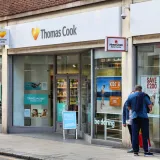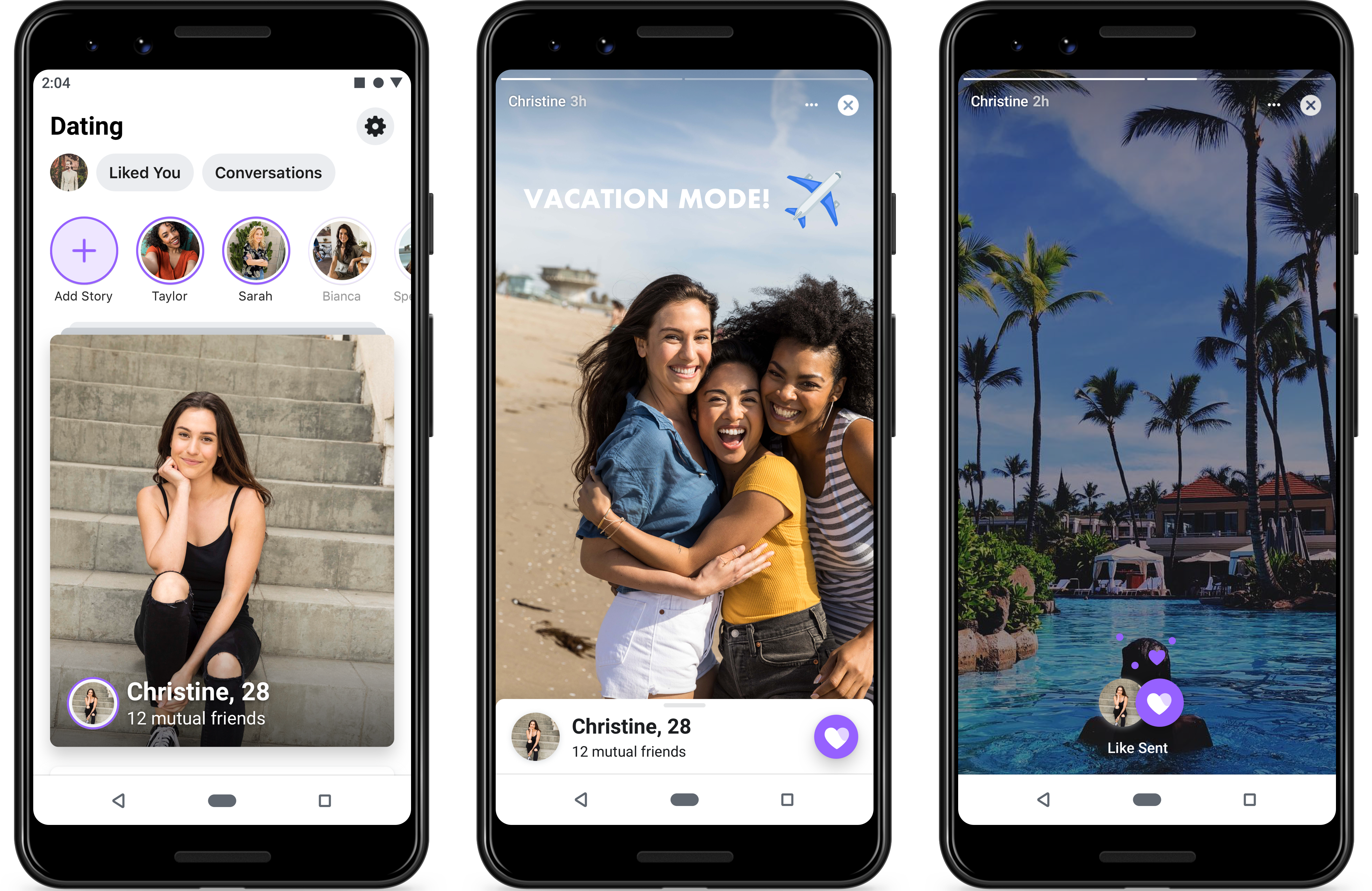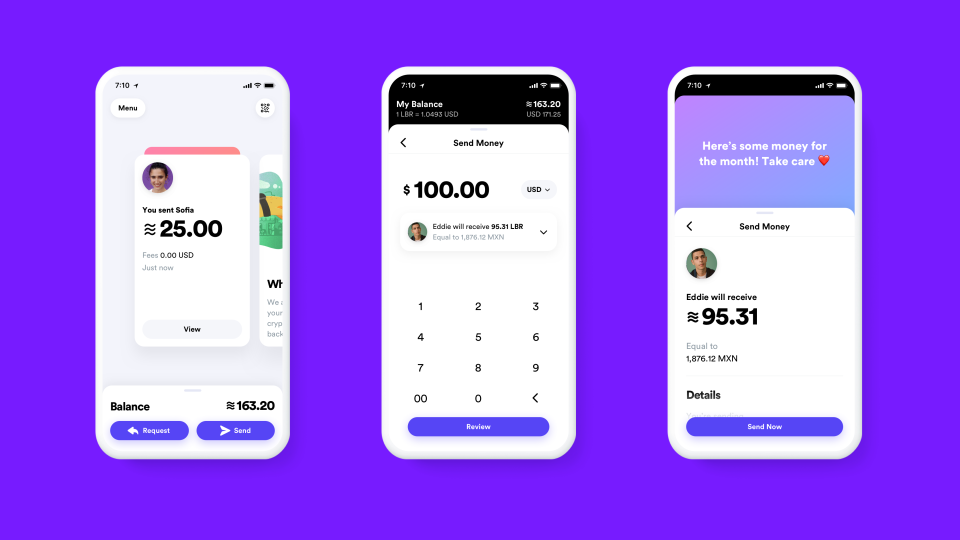


The future of social media

Fake news. Trolls. Privacy. GDPR. Deep fakes. Cambridge Analytica. Trump. Brexit. Mental health. Bad influencers. Bullying. Racism. Homophobia.
Yep. I’m talking about social media.
It’s undeniable that, while user numbers remain in the billions, people are breaking free from the social networks. Deleting their accounts and embarking on a self-enforced digital detox. For many, the list of Very Bad Shit at the top of the blog is the main driver here. It makes for depressing reading and is enough to make you why anyone would ever bother to log onto their social media account at all, but there are other factors at play too.
Many people are simply taking their conversations elsewhere. To messaging apps or groups. Getting their news and content direct from publishers and brands. So, if the social media giants want to continue to thrive, they not only need to clean up their act, but adapt evolve to meet the changing needs and wants of their users.
I’ve long predicted that social media platforms were going to have to change. It’s something WeChat in China has already done to great effect. Born as a social media and messaging app, it’s now known as China’s “everything app”, offering users access to all kinds of useful services - from mobile payment and banking through to ride-sharing and food delivery – from one central point.
In their defence, the platforms know this (Mark Zuckerberg is smarter than me, who knew?!) and are already trying to shift their focus. With that in mind, we’re taking a look at some of the potentially game-changing new features the social networks are working on. Some of these are already here while others are merely in the works, but they all share one thing in common: they have the potential to change the way we use social media.
Dating

Love is in the air cyber-space. Move over Fred Sirieix (what do you mean you’ve never watched First Dates?), there’s a new matchmaker in town…Mark Zuckerberg!
At the start of last month, Facebook launched their new dating service, imaginatively enough titled Facebook Dating. This happily-married blogger is reliably informed that apps such as Tinder, Bumble and Hinge already let users sync up their Instagram accounts to their dating profiles, so this seems like an obvious next step.
Initially rolled out in the US only, users create a Facebook dating profile using the Facebook app – although with privacy a hot topic, they’re at pains to point out that this is separate from your main FB profile. Then Facebook presents you with other users based on pages you like, content you’ve engaged with etc. And don’t panic, Facebook will never pair you with people on your friend’s list, so you don’t need to worry about matching with your Uncle Frank. But hey, if that is your thing – gross – there’s also a ‘secret crush’ feature where you can add people on your friend list as a crush. If they do the same, you’ll both be told. Could make that next family get together fun ? ?
The benefits here are clear for everyone (no, I’m not still talking about Uncle Frank). Users don’t have to download a bunch of different dating apps and setting up their profile is a breeze. If we also consider that studies have shown that the social networks and their algorithms have a better understanding of the things we like and stuff we’re into (steady on), then you have to concede that Facebook Dating might yield a better quality of date.
And, for a business or brand it’s also interesting. While they’re making all the right noises about privacy and data, it’s almost certain that Facebook will leverage this new app in a way that benefits the people that matter most to them – the advertisers!
Rest assured, if they make a success of this, other social channels will follow suit. For example, it’s not hard to imagine LinkedIn leveraging all its data to create a dating feature based on users’ job info. That conference hook-up is about to get a whole lot easier!
Ecommerce
As I write this blog, our TV in reception is tuned to the BBC news channel, where people are reacting to Thomas Cook folding. It’s a familiar tale in many ways – they didn’t evolve their business model to match the user needs of the 21st century and their high street stores faltered in the face of online competition.
Well. It ain’t about to get any easier.
Pinterest, YouTube and Instagram have been exploring various ecommerce options for a while now, and as the most visually-led social networks, it’s kind of a no-brainer really. I’ve felt for a while that we’re heading for a click-and-collect future where all shopping is done online and high street stores are merely wonderfully designed spaces and experiences where we go to collect our purchases.
It might be a decade or two before we reach that point, but the last month or two have seen some other interesting developments, starting with an evolution of an existing feature.
By now, you’ll probably have all seen a shoppable Instagram post. These are posts uploaded by brands and business who have synced up their product catalogues, allowing them to tag particular products in the post. When tapped, these tags display product info and price, and one click will transport users to a page where they can purchase said product. Brands have been using these to reasonably good effect for 18 months or so now, but there was one problem. They were purely organic posts, so would only really have limited reach beyond the brand’s existing follower base. Until now.
This month it was revealed that Instagram was testing the ability to use this format in brand’s paid social campaigns. This is huge. We already know that social media advertising, particularly where fashion and beauty is concerned, is massively successful. Combining the aforementioned type of post with the full weight of targeting options available to advertisers on Instagram is going to change the way we shop.
If that update is all about platforms showing users which products they want, one of Pinterest’s most significant updates is all about the reverse – letting users show the platform what they want. You may have already encountered Pinterest Lens, a form of visual/image search where users take a photo of something and Pinterest serves them pins that closely resemble the uploaded image. Pretty neat. But this latest update takes it to the next level, combining Lens search with Shoppable Pins.
The Lens technology can now identify 2.5 billion objects within the fashion and home industries alone, and these are the first sectors to get the Shoppable Pins/Lens search treatment. While it all sounds super-futuristic, the beauty is in the simplicity as users can now search for and buy the perfect item in just a couple of clicks.
We’ve spoken about visual search in the past, and when married with something like shoppable pins, it becomes and incredibly powerful tool for digital marketers and retailers. The technology is still in its relative infancy, but truly has the potential to change the way we shop.
Finally, a nod to YouTube, who have announced shoppable videos will be arriving on the platform at the end of the year, along with shopping recommendations based on YouTube video content (and all that juicy data from its users).
Currencies, Services and Payments

Announced with a whole heap of fanfare this summer, Facebook was the first social network to reveal their plans for a cryptocurrency, Libra, and digital wallet, Calibra.
With the weight of one of the world’s biggest companies behind it, it’s easier to think it’s going to be a success, but many governments have already expressed concern.
However, assuming the launch goes as planned, it will give Facebook the platform it craves to become the “everything app”. A standalone app, Calibra will also plug into the likes of WhatsApp, Messenger and Instagram, allowing users to pay for services and transfer funds. And some big names are already on board. From the likes of Visa, Mastercard, PayPal, to ride-hailing services like Uber and Lyft, through to ecommerce brands such as Farfetch and eBay, the potential is vast.
In fact, imagine this scenario. Two users meet and date using Facebook Dating. They fall in love. Awww. They plan and their dream wedding using Pinterest and it’s shoppable pins, before booking a honeymoon – flights, travel and accommodation – using Messenger and Calibra. It’s the future, and it’ll be here sooner than we think!
Update
Since we first published this blog, Libra hasn't had the best of times. With concerns over everything from money laundering to data privacy abuse and even a perceived threat to global financial stability, seven of the most high-profile backers have pulled out, including PayPal, eBay, Visa and Mastercard. Facebook is pushing ahead with their plans for Libra, but it remains to be seen just how successful it will be without the support of those big-names.Posted 1 October 2019 by Ben Waterhouse